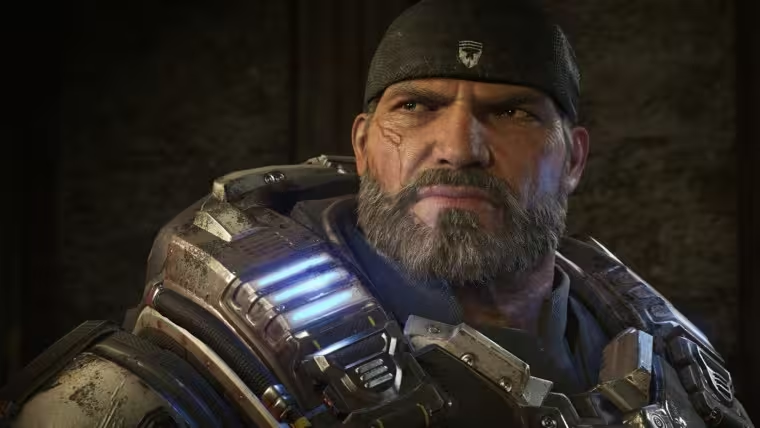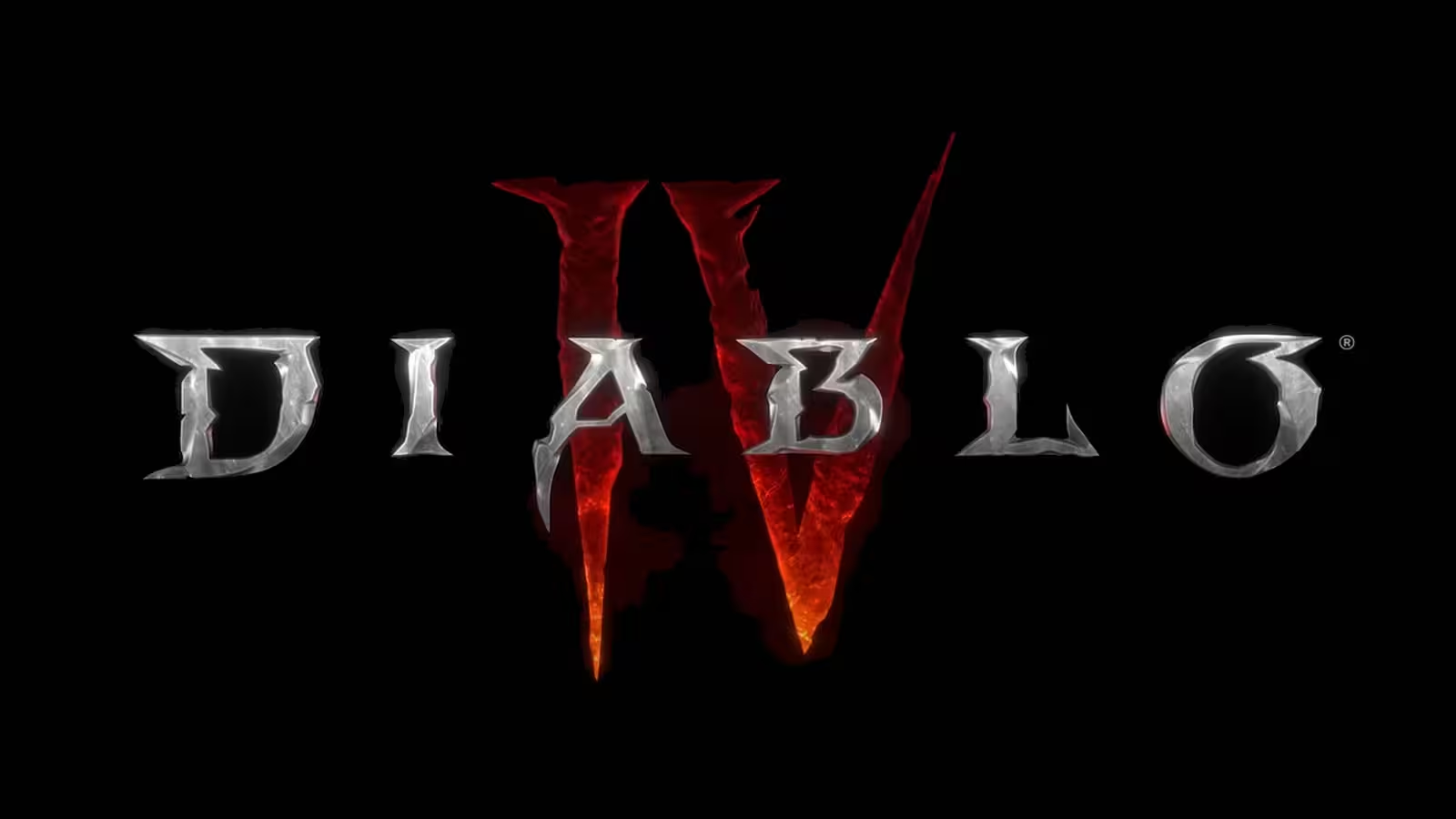3 Minutes
Industry veteran Rod Fergusson exits Blizzard and Microsoft
Rod Fergusson has announced he is leaving Blizzard Entertainment and Microsoft after five years overseeing the Diablo franchise. The veteran studio head shared the news on social media, saying it’s 'time for me to step away from Blizzard/Microsoft, sword in hand, and see what's next.' Fergusson did not disclose a reason for his departure or any immediate next steps.
Departure context and executive reactions
Blizzard President Johanna Faries publicly thanked Fergusson for his leadership, noting that guiding a franchise like Diablo requires rare talent, vision, and collaboration. Microsoft Gaming CEO Phil Spencer added praise for Fergusson’s contributions, highlighting his role in delivering Diablo IV and engaging with the community during development and launch.
Legacy: major releases and product features overseen
During his tenure as Blizzard’s Diablo lead, Fergusson helped shepherd several high-profile projects:
- Diablo II: Resurrected — a modern remaster that restored and upgraded a classic ARPG with enhanced graphics, quality-of-life improvements, and cross-platform support.
- Diablo Immortal — a mobile-first MMOARPG entry emphasizing live-service features, persistent progression, and mobile monetization frameworks.
- Diablo IV — the latest mainline release that expanded open-world elements, modernized multiplayer systems, and refined endgame content.
Product features highlighted under his watch
Fergusson’s teams focused on cross-platform compatibility, live-service architectures, and player-driven endgame systems. These priorities strengthened online infrastructure, improved matchmaking, and supported ongoing seasonal content — all critical for modern game products and digital services.

Comparisons: Gears of War background vs Diablo stewardship
Fergusson’s career began with work on the Gears of War franchise at Epic Games and Microsoft. Compared with Gears — a tightly tuned multiplayer shooter — Diablo projects emphasize long-term live service, monetization strategies, and deep ARPG progression loops. His ability to move between shooter development and action-RPG live services illustrates a cross-discipline leadership skill set valued across game development and technology organizations.
Advantages, use cases and market relevance
Advantages of Fergusson’s leadership style included crisis management during live-service launches, aligning cross-functional teams for cross-platform releases, and stewarding legacy IP through technical remasters. Use cases for studios include applying these skills to remaster projects, large-scale live-service launches, and post-launch content roadmaps. Market relevance is high: experienced leads who can unite engineering, live-ops, and design remain crucial as publishers invest in persistent online ecosystems and cross-platform monetization.
What this means for Blizzard and what's next
Fergusson’s exit marks another leadership shift following Microsoft’s acquisition of Activision Blizzard. This departure technically counts as his third exit from a Microsoft-owned studio across his career. Blizzard now faces a short-term leadership gap for Diablo management; the company has not announced a successor. Given the studio’s roadmap and upcoming releases, internal promotion or hiring an industry veteran with live-service experience are likely options.
Final thoughts
While Fergusson’s next move remains unknown, his tenure leaves a clear imprint on Diablo’s technical roadmap, live-service architecture, and cross-platform strategy. For the gaming and tech communities, his departure is a reminder of the talent churn shaping large studios and the ongoing strategic importance of experienced product leadership in delivering complex digital entertainment products.
Source: neowin


Leave a Comment